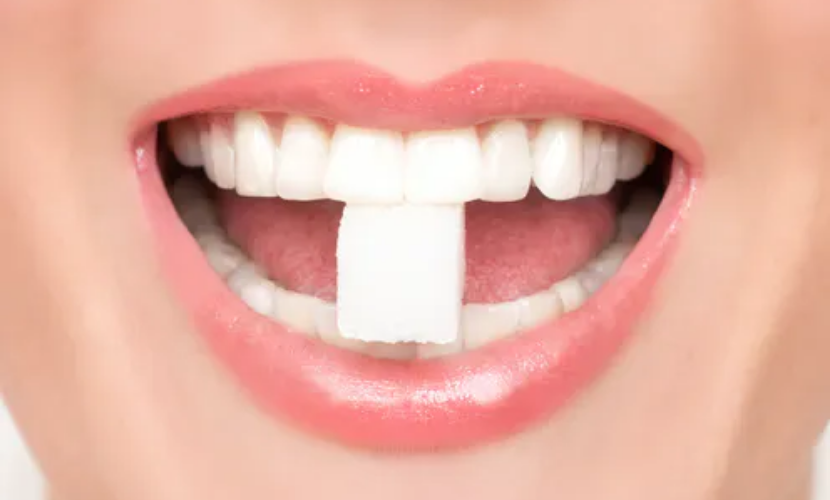Since you were a kid you have probably heard the expression “sugar rots your teeth” several times. Although sugar does not do the damage to your teeth itself, it does contribute to dental decay! Here’s the basic cycle sugar takes on your tooth’s enamel to wreak havoc.
It starts with one thing – plaque.
Hundreds of thousands of bacteria infest your mouth. Some of these bacteria can be beneficial for your health, while others can do significant harm to your dental enamel, such as Streptococcus mutans and Streptococcus sorbrinus. These bacteria accumulate a colorless and sticky biofilm which forms on the surface of your teeth in a substance known as plaque. Such plaque are the culprits of dental decay, and they are the reason why the teeth are so susceptible to sugar.
Plaque feed on sugar, which release acids in turn.
It attracts the dangerous bacteria that is hidden in plaque when you consume sugary foods. Some bacteria in your food feed on sugars. Ideally, after your meal, you’ll brush these sugars away with a toothbrush — starving the bacteria and stopping it from destroying your dental enamel. If you don’t, however, it takes about twenty minutes from your first bite for the plaque bacteria to start excreting acids on your teeth surface. This is known as a “acid attack,” and this is where the dental decay problems begin.
These acids demineralize your dental enamel which results in decay.
As the plaque bacteria start releasing acids on your teeth, minerals are stripped from the smooth, defensive outer surface of your tooth, known as dental enamel. This cycle is called “demineralization.” Luckily, because the minerals in your saliva — like phosphate and calcium — work to repair and strengthen your dental enamel after an acid attack, your mouth continuously battles this cycle.
Your saliva, however, will do so much just to protect your teeth. If you consume long stretches of sugary foods, frequent acid attacks will eventually win this battle. Ultimately, with too much acid on your teeth, the dental enamel can degrade as a result of mineral depletion, which leads to tooth decay. Those erosion points gradually form a large hole known as a cavity over time.
You’ll be fascinated to know that most of the fast foods that you consume have high sugar content in them, especially soft beverages. The effect of sugar on your teeth is also the prime reason why dentists suggest children to stay away from their favorite candies; turns out dentists not really sadistic after all!
The best way to protect your teeth from cavities is surely by cutting down on your sugar intake and going for regular dental check ups- twice a year. But has your sugary diet already done the damage? Worry not! Your dentist in Carthage NY can fix it with a filling. Get the best dentist in Carthage NY for your cavity treatment.


